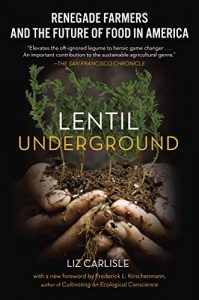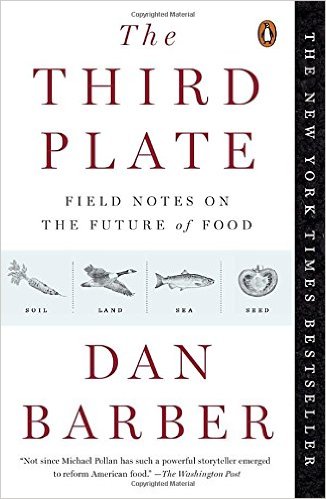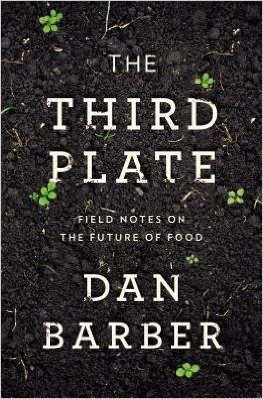Tag Archives: organic farming
The Lentil Underground – Renegade Farmers and the Future of Food in America
by Liz Carlisle, Avery 2015 $16 (Amazon $12)
An improbable group of renegade Montana farmers, led by David Oien, a former philosophy student, fight against Big Ag, local conventional farmers, GE seeds and worn-out soil to launch a sustainable business. Oien decided to return to his family’s 280-acre farm and, defying the regional orthodoxy, grow organic lentils – the edible seeds of plants that return nutrients to the soil.
Generally considered part of a family of weed crops, lentils are actually a very marketable commodity; they’re an inexpensive protein that’s rich in fiber, B1, folate, and amino acids, that doesn’t require irrigation and makes its own fertilizer. But marketing this Big Sky strain of organic small, black Beluga lentils to other potential growers as well as to the country’s distant taste-makers became the challenge. He needed help and that support emerged from unexpected places.
A number of remarkable farmers and other characters populate this tilting-at-windmills drama including buttoned-up, financial whizzes Doug and Anna Crabtree, the conservative Christian homesteading Manuel family, Senator-Organic farmer Jon Tester, eco-friendly builder and jack-of-all-trades Bud Barta along with a half dozen others. With their help, David Oien founded Timeless Natural Foods and grew it into a million dollar business that includes several unique lentil products and a full complement of other high-end quality grains.
To do that, he first had to convince chefs to try his lentils and then put them on their menus highlighting these unique Beluga Lentils. Word spread within the culinary world which netted Oien contracts with Trader Joe’s and Whole Foods and hundreds of smaller healthy food stores (some of which came with hard lessons and losses). But Orien persevered and his network of growers stood by him.
Almost as interesting, is the story of the book’s Montanan author: Harvard & UC Berkley trained, former country singer Liz Carlisle also served as Legislative Correspondent for Agriculture and Natural Resources in the Office of U.S. Senator Jon Tester. Today she is a Lecturer in the School of Earth, Energy, and Environmental Sciences at Stanford University, where she teaches courses on food and agriculture, sustainability transition, and environmental communication. Dr. Carlisle approaches her subject “The Lentil Underground” by integrating deeply-felt stories about the pioneers who risked all to farm holistically with clear, exceptional essays on the science of farm ecology.


